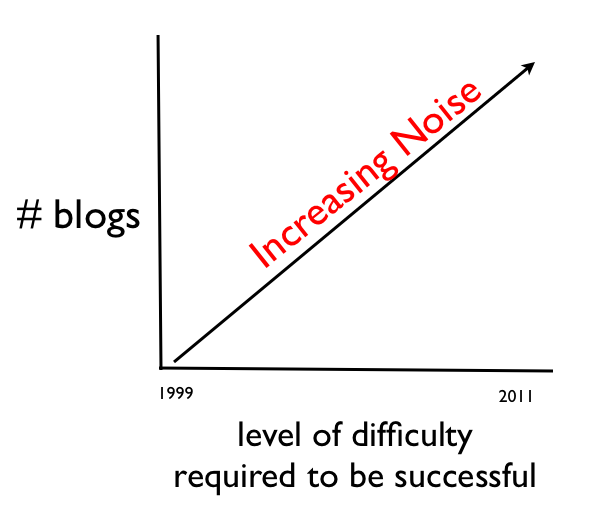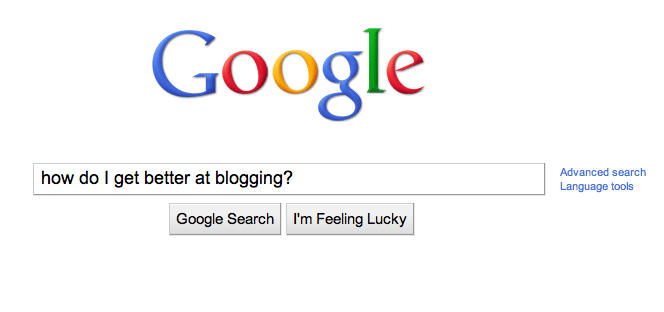Writing a blog may be more effective than writing a book.
I’m not convinced of this. But here’s one thing I know.
When I’m doing initial research for a project, I don’t first ask Dewey Decimal. I used to. But the game has changed.
I’ve replaced Dewey Decimal with a little tool you may have heard of: Google. And if you tell me you haven’t, I’ll tell you you’re a liar.
A Google search for a topic may lead you to a book. But if it does, you’ll probably skip right over that to click on the link that lands you on an article you can read immediately. And the way that search engine optimization (SEO) works, a single blog post is forever searchable.
When it comes to most of our information gathering, our culture values speed and timeliness over exhaustiveness.
Publishing isn’t dead
Books and publishers still serve our culture well. They help sift ideas and package them in a way that helps a broad audience. They put flesh to content that single blog posts just can’t do. They have often spent years building trust through their platform (by publishing reputable, helpful resources), and use this as a launching pad for current and future titles. But the publishing industry’s strengths lead them to be a slow-moving machine that’s not capable of moving as quickly as a blogger.
The days of books aren’t over. But the days of books being the primary starting point for research is done.
Moving your idea forward
So if you want to get your idea out, start a blog. Don’t wait for a publisher to pick you up. If you wait for a publisher, your culture-shifting idea may take years to get into people’s hands. Most books take years to move from initial idea to gathering dust on a shelf.
I just talked with a guy in London who had found my blog helpful in dealing with a delicate small group issue he faced in his local church. Could he have found the answer to his questions and concerns in a book? Certainly. But Google is much more accessible, when problems arise, than your local library.
Write a blog post, and your content is at the fingertips of people who need it most. In fact, consider guest-posting right here on my blog. I’d love to feature you! Details HERE.
I may write a book someday. But in the meantime, I’ll keep fleshing my thoughts out quickly and efficiently right here on the blog.
Ever considered starting a blog?
What’s keeping you from posting more often?











